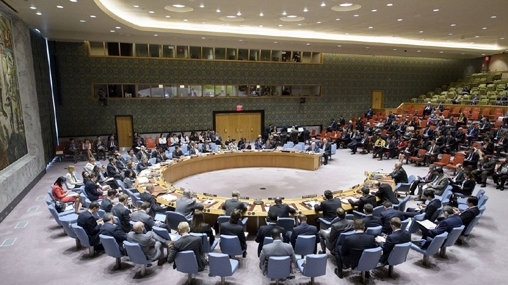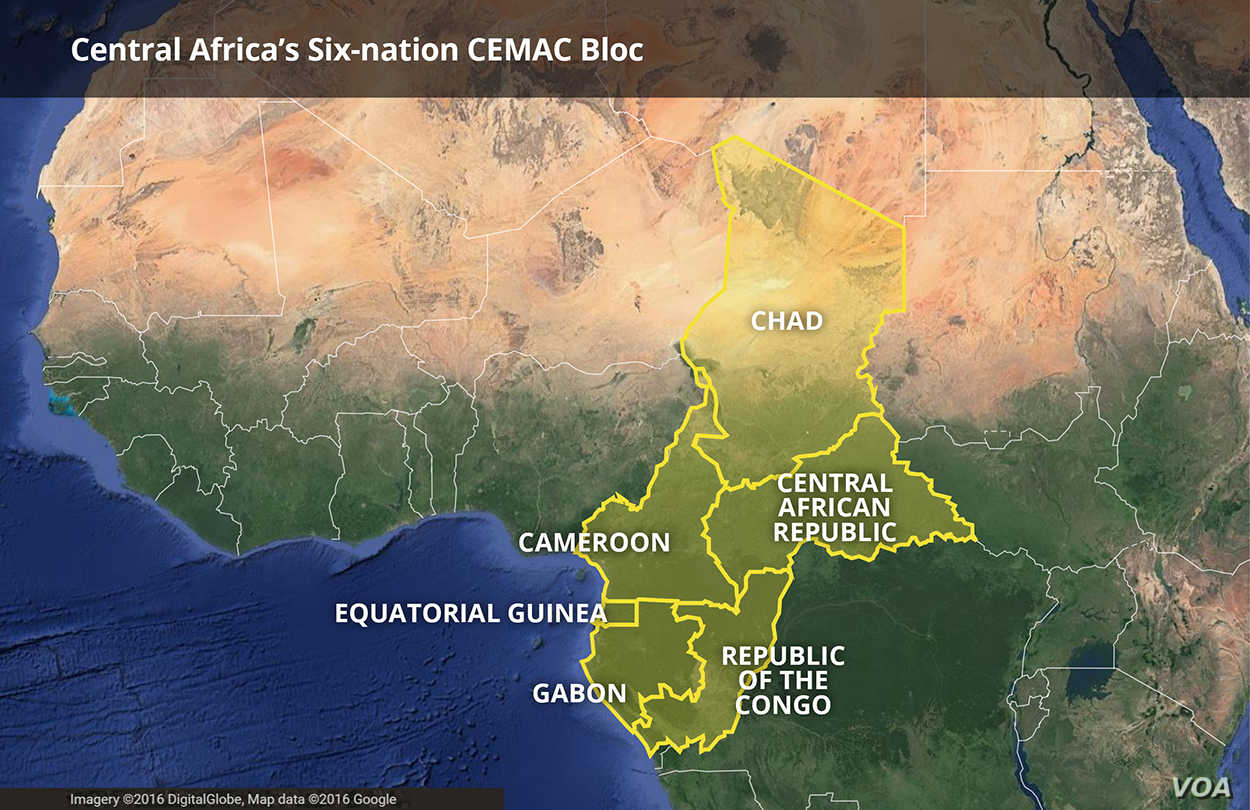 Algeria continues to face important challenges posed by lower oil prices, says the International Monetary Fund Executive Board after concluding Article IV consultation with the North African country.
Algeria continues to face important challenges posed by lower oil prices, says the International Monetary Fund Executive Board after concluding Article IV consultation with the North African country.
Economic growth in the nonhydrocarbon sector slowed to 2.9 percent in 2016, partly under the effects of spending cuts. Inflation increased from 4.8 percent in 2015 to 6.4 percent in 2016 and stood at 7.7 percent year-on-year in February 2017, adds the IMF team.
Unemployment was 10.5 percent in September 2016 and remains particularly high among the youth (26.7 percent) and women (20.0 percent), note the IMF Executive Directors.
They say that the fiscal and current account deficits remained in 2016 large, and public debt increased, reflecting in part the assumption of a government-guaranteed debt, while international reserves declined rapidly.
For the IMF executive directors, balanced policy mix along with ambitious structural reforms will be important to ensure fiscal sustainability, narrow external imbalances, reduce reliance on hydrocarbons, and raise potential growth.
They call for wide-ranging structural reforms to diversify the economy and promote a dynamic private sector. The Directors stress the need for timely action to reduce red tape, improve access to finance, and strengthen governance and transparency.
They say Algerian government should reduce skills mismatches, improve the functioning of the labor market, foster greater labor participation of women and open up more the economy to trade and foreign direct investment.
According to the IMF, the overall strategy should be carefully designed and sequenced so that reforms reinforce each other and the burden of economic adjustment is shared equitably.
The IMF directors urged Algerian authorities to take measures to deepen the official foreign exchange market and curtail parallel market activity, saying that the Algerian financial sector policies should be further strengthened to address growing financial stability risks resulting from the oil price shock.



